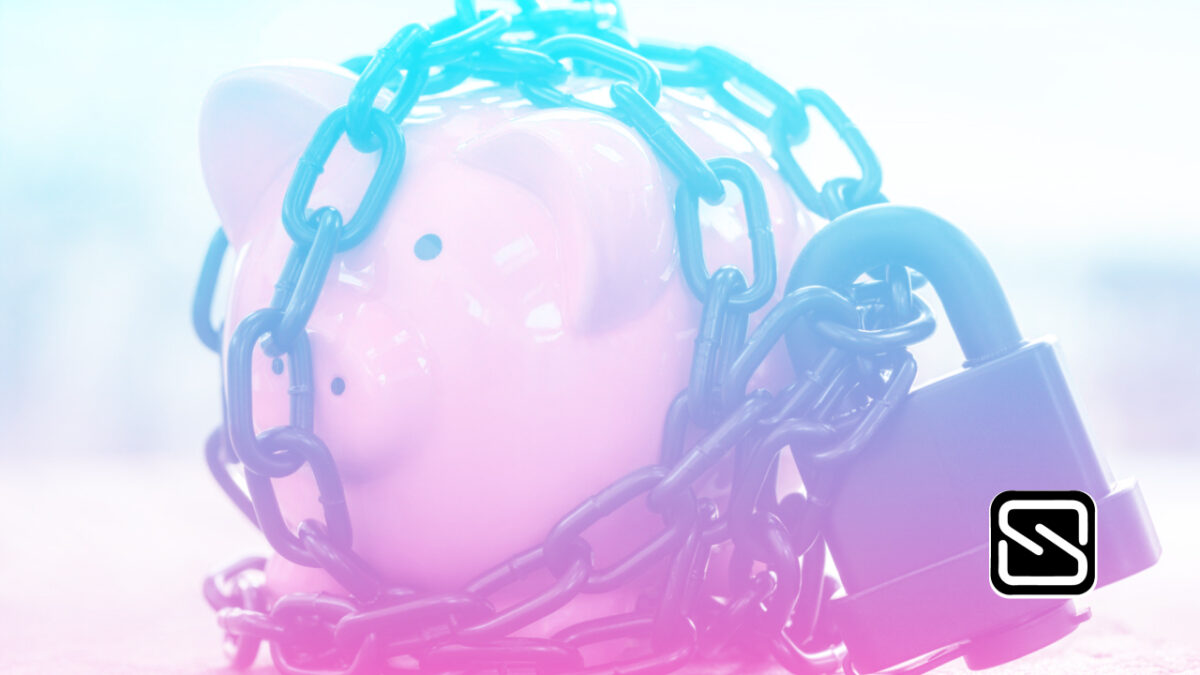Recent reports circulating on social media suggest that Nigeria’s Access Bank has taken the drastic measure of freezing the accounts of approximately 500 USDT traders. The bank reportedly obtained a court order allowing it to impose a lien on these crypto traders’ bank accounts, citing their involvement in a cybercrime incident.
According to the claims, Access Bank initiated this action due to a significant loss it incurred, allegedly amounting to over $10.4 million or 8 billion naira, between May and June this year. The bank alleges that the affected traders received funds that were part of the sum stolen by hackers during this period. It is speculated that these funds were used to purchase Tether (USDT) from traders on the Binance platform.
The news of the frozen accounts has sparked outrage within the cryptocurrency community and beyond. Rume Ophi, also known as the Cryptopreacher and the executive secretary of the Stakeholders in Blockchain Technology Association of Nigeria (SIBAN), strongly condemned Access Bank’s actions. He labeled the freezing of crypto traders’ accounts as “a disgrace to Nigeria’s banking infrastructure” and argued that it posed a severe threat to the nation’s budding crypto industry.
In response to the situation, Ophi emphasized the importance of conducting thorough investigations to identify and apprehend the criminals responsible for the hacking, rather than resorting to blanket freezes on accounts of individuals involved in cryptocurrency transactions. He stressed that this indiscriminate approach not only fails to address the core issue but also inflicts further harm on innocent individuals.
This incident also brings attention to the ongoing conflict between the Nigerian crypto community and the Central Bank of Nigeria (CBN). The CBN’s previous directives, issued in February 2021, had compelled banks to block accounts of individuals suspected of using the banking system for crypto-related activities. Despite these measures, many digital asset traders have continued to rely on traditional banking services, raising questions about the role of banks in enforcing the CBN’s policies.
The situation remains fluid, with both crypto enthusiasts and regulatory authorities closely monitoring developments as the nation’s crypto industry grapples with these challenges.
